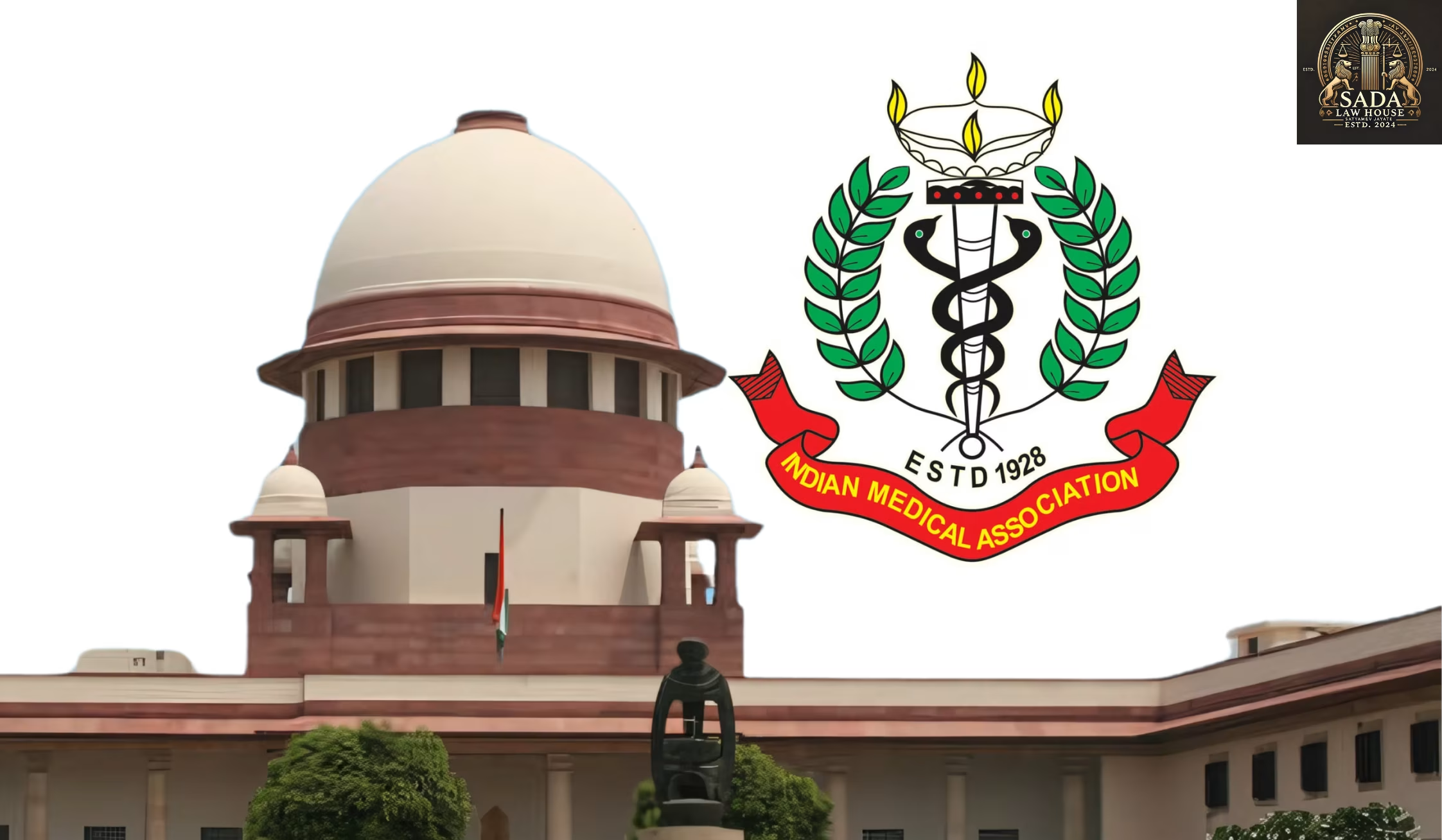Supreme Court Directs Mandatory Self-Declarations in Ads: Influencers and Brands Liable for Misleading Endorsements
- NITU KUMARI
- 06 June 2025

The Supreme Court’s May 2024 ruling in Indian Medical Association vs Union of India mandates self-declarations for ads and holds influencers accountable. Learn how this landmark judgment strengthens consumer protection laws in India.
Introduction – Cracking Down on Deceptive Advertisements
The Supreme Court of India, in a significant ruling on May 7, 2024, addressed the growing concern of misleading advertisements, particularly in the health and food sectors. The judgment came in response to a petition filed by the Indian Medical Association (IMA) against the Union of India, urging stricter regulation of false claims made in advertisements and endorsements by celebrities and influencers.
This verdict has major implications for consumer rights, advertising laws, and the responsibility of influencers and advertisers in India.
Case Background – IMA vs Union of India (2024 INSC 406)
Presided over by Justice Hima Kohli and Justice Ahsanuddin Amanullah, the case centered on deceptive advertising practices that mislead consumers and compromise public health.
Key Concerns Raised
Misleading health and food product ads exploiting public ignorance.
Ineffectiveness of existing laws like the Consumer Protection Act, 1986, and the Advertising Guidelines, 2022.
Lack of timely regulatory action by authorities such as the Food Safety and Standards Authority of India (FSSAI) and the Ministry of AYUSH.
Frequent violations by influencers and celebrities who endorse products without adequate knowledge.
Legal Issues Considered by the Court
The Court examined four major legal questions:
Do misleading advertisements infringe upon the fundamental right to health under Article 21 of the Constitution?
What are the responsibilities of manufacturers, advertisers, and endorsers?
Are current legal frameworks sufficient to protect consumers?
What is the role of regulatory authorities in ensuring compliance?
Supreme Court’s Judgment – Strengthening Consumer Protection
The Supreme Court issued a comprehensive judgment aimed at improving accountability and transparency in advertising.
Ratio Decidendi (Legal Reasoning)
The Court ruled that deceptive advertising violates the fundamental right to health and misguides consumer choices.
Equal liability was assigned to manufacturers, advertisers, and endorsers under the 2022 Guidelines.
Obiter Dicta (Observations)
Influencers and celebrities must ensure products they endorse are genuine and thoroughly researched.
Regulatory bodies must act promptly and transparently on consumer complaints.
New Guidelines Issued by the Court
To ensure compliance and consumer protection, the Court directed the following measures:
1. Mandatory Self-Declaration by Advertisers
All advertisers must now submit self-declarations confirming the truthfulness of claims before broadcasting or publishing any advertisement. These declarations are to be uploaded on the designated portal of the Ministry.
2. Regulatory Oversight and Accountability
Ministries like AYUSH and FSSAI must file affidavits explaining steps taken since 2018 to address deceptive advertising.
Complaint resolution and enforcement actions must be publicly reported to ensure transparency.
3. Penalties for Non-Compliance
Violations of the Advertising Code or related statutes will invite strict penalties, reinforcing a deterrent against unethical promotions.
Conclusion – A Milestone in Consumer Rights Enforcement
The May 2024 Supreme Court judgment marks a critical turning point in India’s approach to regulating deceptive advertising. By emphasizing transparency, accountability, and consumer health rights, the Court has laid down a robust framework for ethical advertising practices in India.
This ruling sets a precedent not just for advertisers but also for influencers, celebrities, and regulatory authorities, reinforcing the principle that consumer protection is paramount in a democratic society.
Case Laws






